On April 11, the Ministry of Education and Training announced that it had issued Official Dispatch No. 1581/BGDĐT-GDPT to the People's Committees of provinces and centrally-run cities (provincial-level People's Committees) on ensuring the maintenance and improvement of the quality and efficiency of public educational institutions in administrative units when implementing the two-level local government model.
Previously, on April 7, 2025, the Government issued Resolution No. 74/NQ-CP promulgating the Plan to implement the arrangement of administrative units and build a 2-level local government organization model. Accordingly, the Government assigned the Ministry of Education and Training to issue guidelines to ensure the maintenance and improvement of the quality and efficiency of educational and training institutions in administrative units subject to arrangement and reorganization.
The Department of Education and Training carries out the arrangement, mobilization, secondment, and development of the teaching staff.
In Official Dispatch No. 1581/BGDĐT-GDPT of the Ministry of Education and Training, the provincial People's Committee is requested to only review and determine the contents of state management of education that the district level is performing to adjust and transfer to the provincial level (Department of Education and Training) or the commune People's Committee for management; carry out administrative activities related to education to operate normally, smoothly, continuously without interruption, without affecting the normal activities of society, people, and businesses.
Ensure that administrative activities related to education operate smoothly, continuously, without interruption, and without affecting the normal activities of society, people, and businesses.
State management of education must be assigned to specialized agencies to ensure the implementation of tasks related to deciding on job positions, financial standards for education, assigning staff, and allocating budgets for education in the province. Ensure strong decentralization but not laxity; do not omit, do not interrupt, do not divide the content of professional management of education, and ensure the conditions for ensuring the quality of education in the national education system.
Unify the implementation of state management of education for the sector's expertise; recruitment, arrangement, transfer, secondment, and development of teaching staff by the provincial professional agency (Department of Education and Training) to implement uniformly throughout the province to carry out general regulation and handle local teacher surplus and shortage situations.
Assign state management to the level that has enough resources to maintain and develop.
During the implementation process at the local level, the Ministry of Education and Training requests that the Provincial People's Committees not allow any gaps, overlaps or dispersion of management tasks, especially in key areas such as: Professional guidance, program content, staff management, finance, school facilities, inspection and examination.
When implementing decentralization of state management of education, it is necessary to ensure consistency with the orientation of the Laws that the Government is preparing to submit to the National Assembly for approval (Law on Teachers; Law on Education amended and supplemented; Law on Local Government amended; Law on Vocational Education amended...) to effectively implement state management of specialized professional activities of the education sector.
The Ministry of Education and Training recommends that provincial People's Committees not allow gaps, overlaps or dispersion of management tasks, especially in key areas such as: professional guidance, program content, staff management, finance, school facilities, inspection and examination.
The Ministry of Education and Training notes that the provincial People's Committees should assign the focal point for state management of the education sector to the level that has sufficient resources in terms of facilities, finance, and human resources to ensure the maintenance and development of education; clearly distinguish between professional tasks (directly assigned to the Department of Education and Training) and administrative and local tasks (directly assigned to the commune-level People's Committees); link decentralization with inspection and supervision mechanisms, and improve the quality and effectiveness of education in the best conditions in the locality.
Commune-level authorities manage state education for junior high schools, primary schools, and kindergartens.
Regarding implementation, the Ministry of Education and Training recommends that localities maintain educational public service units and transfer to commune-level authorities the function of state management of education for secondary schools, primary schools, and preschools according to Conclusion No. 137-KL/TW dated March 28, 2025 of the Politburo and the Secretariat on the Project on rearranging and reorganizing administrative units at all levels and building a 2-level local government organization model.
The provincial People's Committee is responsible for directing specialized agencies to issue documents guiding the content of state management of education managed by the district level and transfer them to specialized agencies at the provincial level and the commune People's Committee when implementing the arrangement and reorganization of the two-level local government, ensuring that administrative activities related to education operate normally, smoothly, continuously and without interruption, without affecting the normal activities of society, people and businesses.
Source: https://nhandan.vn/bao-dam-hoat-dong-cua-cac-co-so-giao-duc-cong-lap-khi-thuc-dien-mo-hinh-chinh-quyen-dia-phuong-2-cap-post871803.html









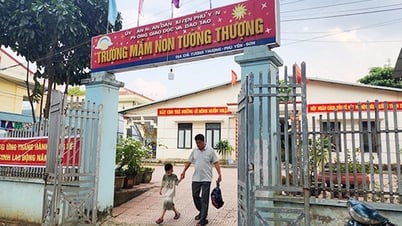

![[Video] Research proposes abolishing junior high school diploma](https://vphoto.vietnam.vn/thumb/402x226/vietnam/resource/IMAGE/2025/5/13/c8b1dd308437456e9d5c796d89db841f)






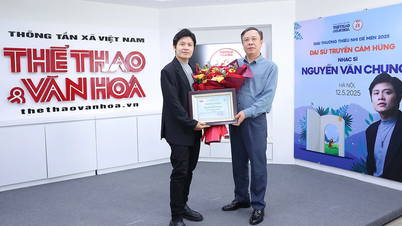

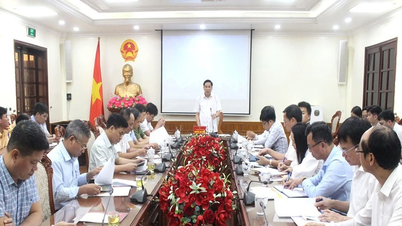


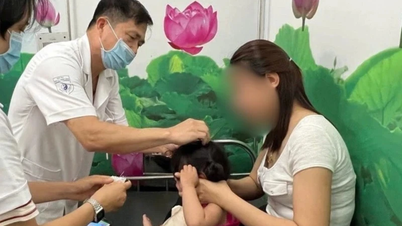
![[Photo] Prime Minister Pham Minh Chinh works with the Standing Committee of Thai Binh Provincial Party Committee](https://vphoto.vietnam.vn/thumb/1200x675/vietnam/resource/IMAGE/2025/5/12/f514ab990c544e05a446f77bba59c7d1)
![[Photo] Prime Minister Pham Minh Chinh receives Swedish Minister of International Development Cooperation and Foreign Trade](https://vphoto.vietnam.vn/thumb/1200x675/vietnam/resource/IMAGE/2025/5/12/ae50d0bb57584fd1bbe1cd77d9ad6d97)







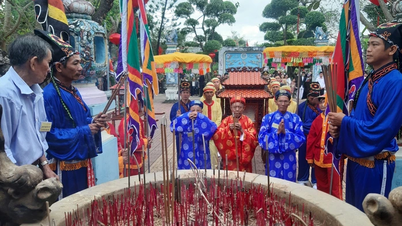

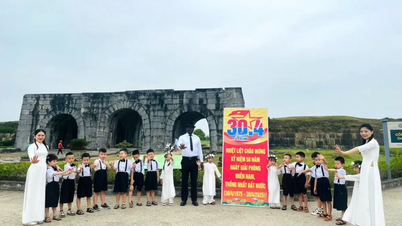

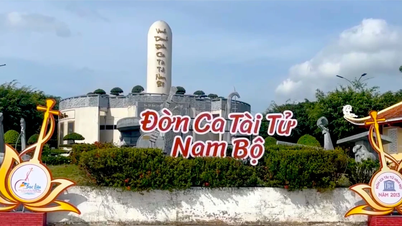





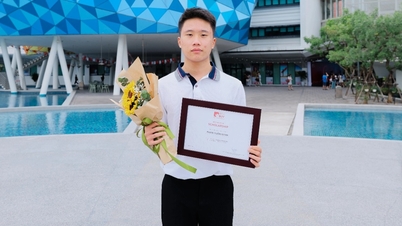





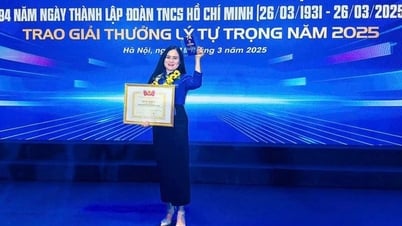


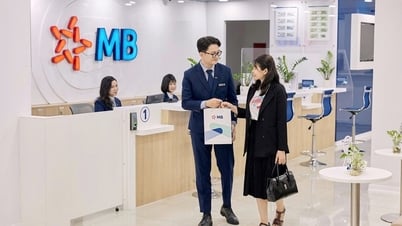








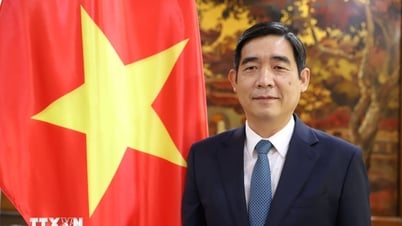
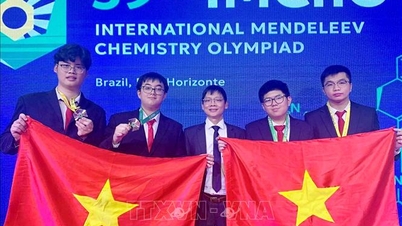

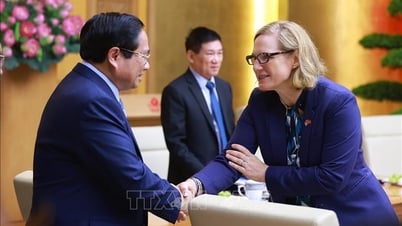




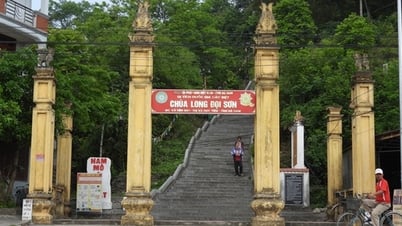
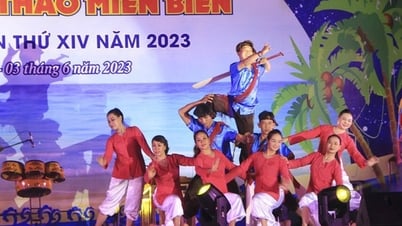

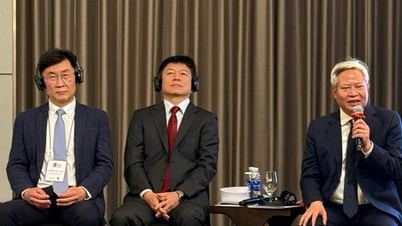



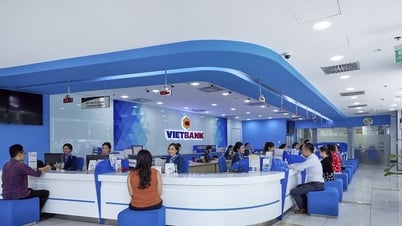

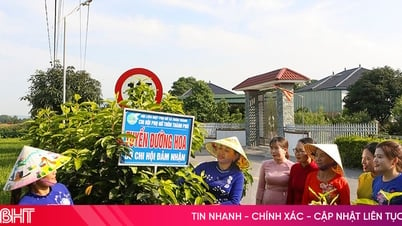



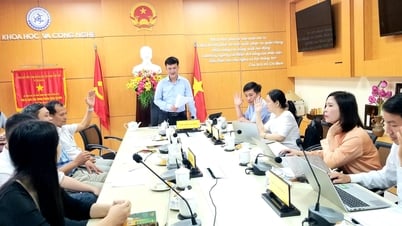













Comment (0)